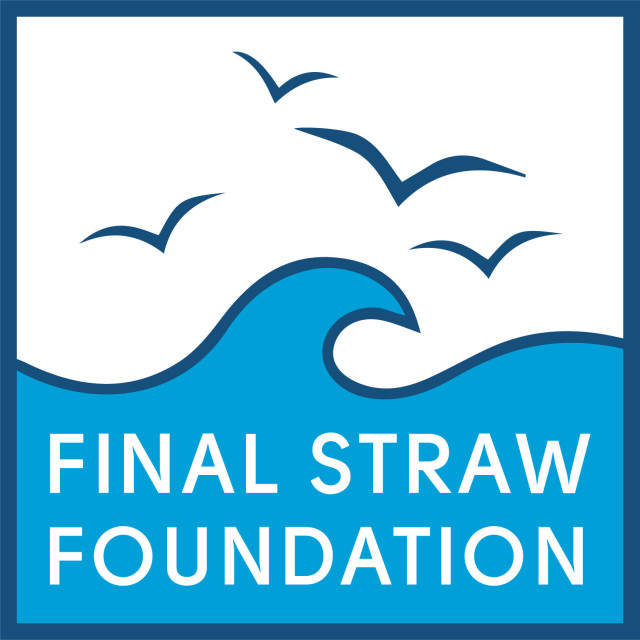In just four days, over 400kgs of litter has been removed from the River Lavant in and around Chichester.
36 committed volunteers and a class of local school children came together to tidy up this globally rare chalk stream which weaves its way through the West Sussex countryside and historic Chichester, before entering the sea at Chichester Harbour.
Led by staff from The Final Straw Foundation and the Western Sussex Rivers Trust, the dedicated volunteers removed 423kgs of litter, including 411 cans, 218 plastic bottles, 204 glass bottles, 31 vapes, 15 nitro oxide cylinders, 3 shopping trolleys, 1 radio, 1 walkman, 8 traffic cones and 314.27kg of metal items.
The clean ups took place at key litter hotspots around Chichester including the area from Southgate car park to Chichester College, Westhampnett Road and near the Avenue de Chartres car park.
Globally there are only 300 chalk streams, 85% of which are found in the UK. Although these precious streams have been described as the UK’s equivalent of the Great Barrier Reef they are under threat from pollution, litter and sewage. The River Lavant is no exception and is one of only ten Flagship Chalk Stream restoration projects in England.
Helen Littlejohn from The Final Straw Foundation explains: “Many of our chalk streams are in poor condition due to the over-abstraction of water, plastic pollution, pesticide run-off from agricultural land, tyre particles from road run-off and urbanisation.”
Plastic waste doesn’t go away, but breaks down into smaller and smaller pieces, threatening all the wildlife that rely on this ecosystem, ultimately ending up in our food chain and in us.
It isn’t just about picking up litter but more about changing our relationship with plastic and protecting the places that we often take for granted. We want people to see this clean up as a start. It is what happens next, reducing our reliance on single-use plastic and respecting our waterways, that’s what really matters.”
Students from Lavant Primary School joined the clean up and managed to collect nearly 15kgs of litter in just 45 minutes on Sheepwash Lane.
Kate Whitton, Chalk Stream Resilience Officer at the WSRT, explains how important this work is:
“The Lavant clean ups have been an amazing success. So much litter collected by amazing volunteers and a real collaborative event supported by Chichester District Council, the Environment Agency and Chichester College.
Being a Winterbourne, the River Lavant naturally dries up during the summer months and then returns over the winter. The unique wildlife that rely on this river for food and shelter have adapted to the cycle of drying and re-wetting, however, in recent years the quality of this habitat has deteriorated due to sewage being pumped into the river and pollution washing into the water from the adjacent farmland and roads.
The problem of litter also blights this river, so we need to act now to help prevent this special and precious habitat from being further degraded.
We spotted eels and a variety of fish in the lower parts of the river which showed that our work to remove litter and pollution will only enhance this special habitat for the wildlife found here.
The community of people attending these litter cleans has been heart warming and it really highlighted the love for the Lavant and why we want to protect it.
A great job done by everyone - please keep a look out for future clean ups and come join us!”
These litter clean up days were supported by the South Downs National Park Trust and Chichester District Council. To find out more about how you can help your local rivers visit www.wsrt.org.uk.





